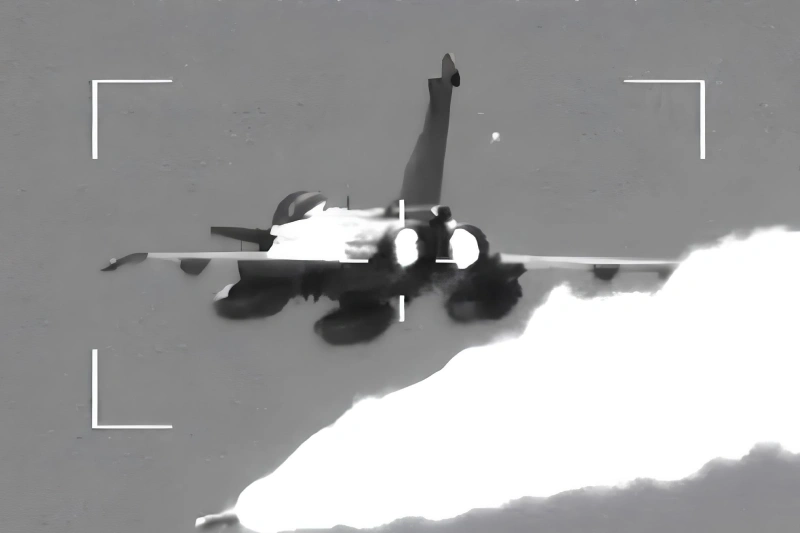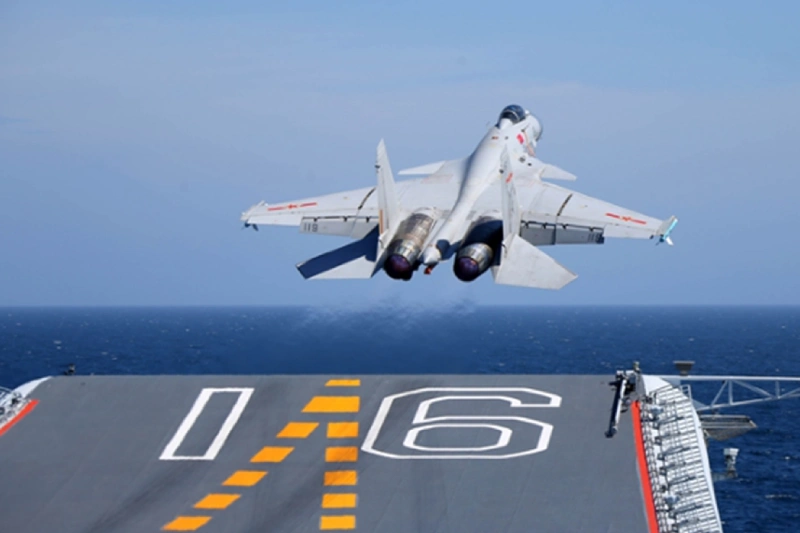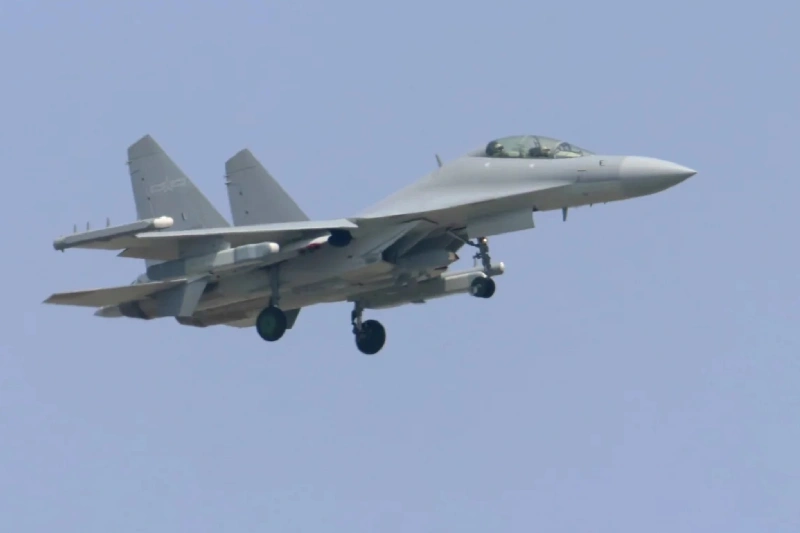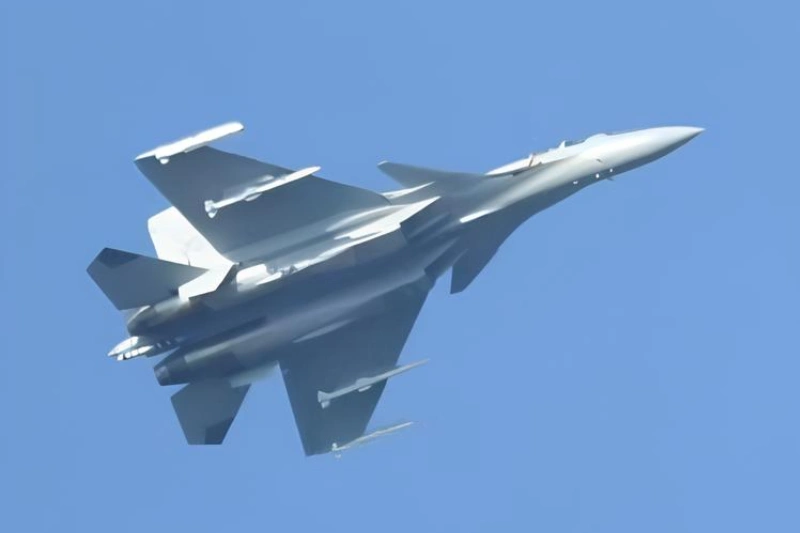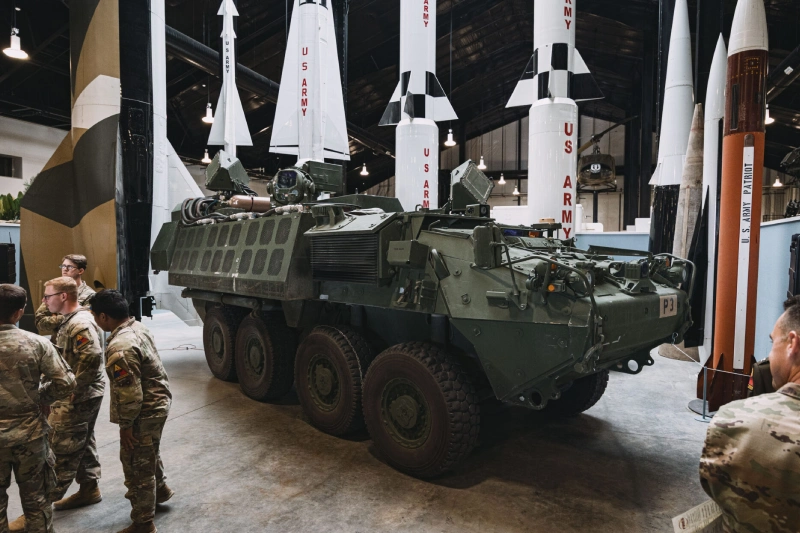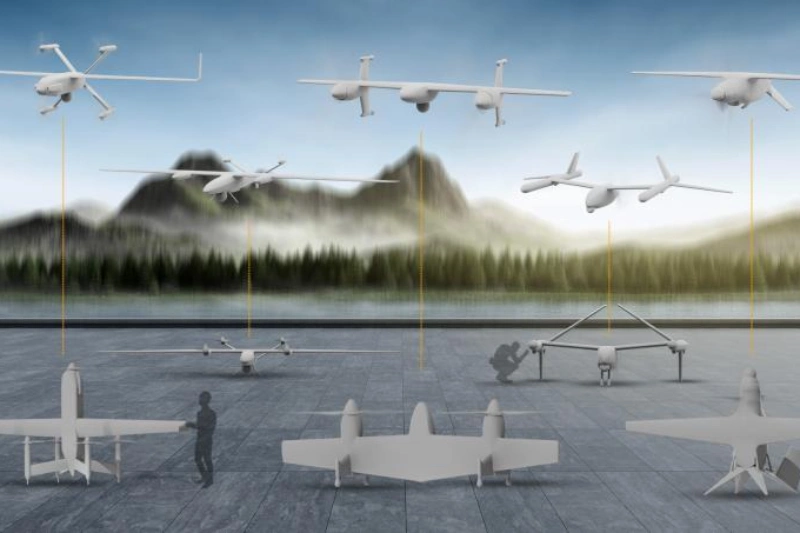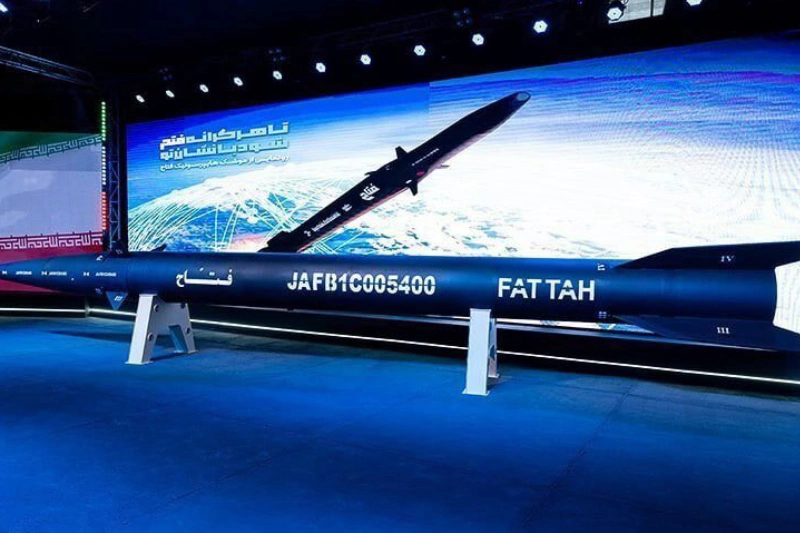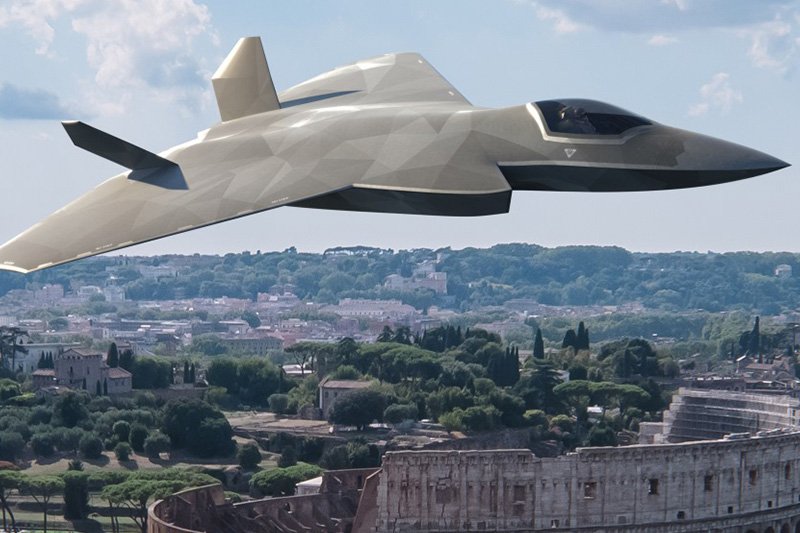Italy’s Role in the Global Combat Air Programme
The Global Combat Air Programme (GCAP), a partnership between BAE Systems (UK), Leonardo (Italy), and Japan Aircraft Industrial Enhancement Co Ltd (JAIEC), has reached a major milestone. The programme, aimed at developing next-generation air combat systems, continues to evolve with Italy playing a critical role. Leonardo, a key player in the initiative, recently held a press session to discuss the current status and future developments of the GCAP.
Key Developments and National Contributions
Lorenzo Mariani, Leonardo’s Co-General Manager, highlighted significant progress in the GCAP. This year has been pivotal in clarifying the programme’s structure, with the work allocation among the partner nations finalized. The partners are now working toward a joint venture (JV) that will lead the development of the next-gen fighter aircraft. Mariani emphasized Italy’s commitment, with the Italian government having allocated €8.8 billion to the first phase of the programme. He pointed out that such financial backing is rare, underscoring the importance of Italy’s involvement.
Research and Development: A Key Focus for Italy
Leonardo’s dedication to the programme is evident through their €100 million investment in research and development contracts with subcontractors. This funding aims to develop national contributions in vital areas, including propulsion, electronic warfare, and sensors, positioning Italy at the forefront of the GCAP. The workshare among the three nations has been agreed upon, with each partner holding an equal 33.3% share in the JV. Italy will lead in several critical areas such as flight system integration, weapons integration, and training integration.
Innovative Collaboration and Site Development
A novel collaboration model has been established, where engineers from all three nations will work together across various sites. Italy’s main site will be located in Torino Caselle, home to the Eurofighter assembly line. Other key Italian facilities in Rome, Florence, Pomezia, and Nerviano will also contribute to the programme, especially in electronics and avionics. Leonardo’s commitment to the GCAP has even led to the cancellation of the planned closure of the Pomezia facility, further solidifying the company’s long-term investment.
Impact on Employment and Workforce Development
The GCAP has already had a notable impact on employment, with hundreds of engineers hired specifically for the programme. Leonardo’s Mariani pointed out that the GCAP will keep the company busy until at least 2050, with overlapping work from the Eurofighter Typhoon programme. To meet the growing demand for skilled engineers, Leonardo is working closely with academic institutions to ensure that future graduates are equipped with the skills necessary for the evolving aerospace industry.
Cybersecurity and the Future of the GCAP
As a 6th-generation combat system, the GCAP requires advanced cybersecurity and data management capabilities. Cyber engineers are in high demand, as the system must be fully interconnected and interoperable. The importance of cyber protection extends to all facilities involved in the programme, ensuring secure data exchange across international sites.
Also read this: Italy Confirms Saudi Arabia’s Potential Role in GCAP Project
Looking to the Future: Expanding the GCAP Alliance
While the GCAP is currently a three-partner programme, there is a clear intention to expand. Countries like Saudi Arabia and Australia have expressed interest in joining, with new partners being welcomed under specific conditions. Mariani does not foresee a merger between European 6th-generation programmes, but collaboration on certain aspects, such as armament or unmanned platforms, remains a possibility.
Italy’s strategic involvement in the GCAP is crucial for the success of this next-generation air combat initiative. The programme’s progress, driven by Leonardo and its partners, promises significant advancements in military aerospace technology. With a robust framework for collaboration and investment in R&D, the GCAP is poised to shape the future of air combat systems, ensuring continued technological innovation and global security.
Keep connected with us at Facebook, Twitter, YouTube, Instagram & TikTok for latest defense happening around the globe.
Discover more from International Defence Analysis
Subscribe to get the latest posts sent to your email.





